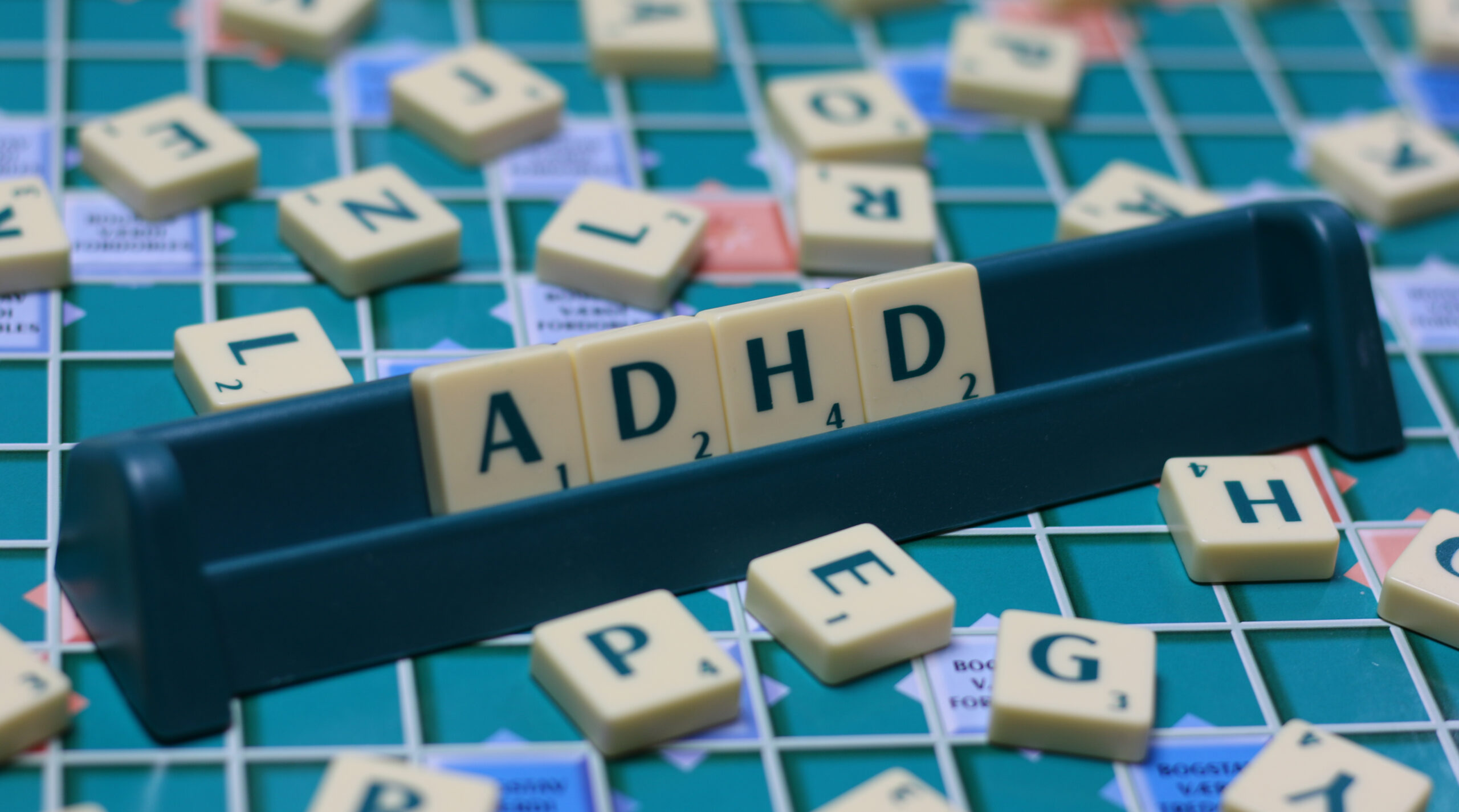Attention-deficit/hyperactivity disorder (ADHD) is often thought of as a childhood condition, but for many, it persists into adulthood, bringing with it a host of challenges. A groundbreaking new study has revealed a startling reality surrounding life expectancy. Adults diagnosed with ADHD in the UK are living significantly shorter lives than their peers. The research, published in The British Journal of Psychiatry, estimates that men with ADHD lose nearly 7 years of life, while women lose over 8 years. These findings shine a light on the urgent need for better support and treatment for adults with ADHD.
ADHD: More Than Just a Childhood Disorder
ADHD is a neurodevelopmental condition characterized by inattention, hyperactivity, and impulsivity. While it’s often diagnosed in childhood, up to 90% of those diagnosed continue to experience symptoms into adulthood. Globally, around 2.8% of adults are estimated to have ADHD, but in the UK, most remain undiagnosed and untreated. This lack of diagnosis and support has serious consequences. Henceforth, adults with ADHD face higher rates of unemployment, financial instability, and mental health issues.
The Study: A Deep Dive into Life Expectancy
The study, led by researchers at University College London, analyzed data from over 30,000 adults diagnosed with ADHD and compared them to a matched group of 300,000 adults without ADHD. The results were stark. Men with ADHD had a life expectancy of 73.26 years, compared to 80.03 years for their peers. For women, the gap was even wider: 75.15 years for those with ADHD versus 83.79 years for those without.
The researchers used sophisticated statistical models to estimate life expectancy and found that the increased mortality risk for adults with ADHD was consistent across age groups. The leading causes of premature death were not directly linked to ADHD, but to associated factors such as mental health conditions, substance use, and chronic physical illnesses.
Why Are Adults with ADHD Dying Sooner?
The study highlights several key factors contributing to the reduced life expectancy among adults with ADHD:
- Mental Health Challenges: Adults with ADHD are more likely to experience anxiety, depression, and severe mental illness. They are also at a higher risk of self-harm and suicide. The study found that adults with ADHD were twice as likely to die from unnatural causes. These include accidents or suicide, compared to the general population.
- Physical Health Issues: ADHD is associated with a higher prevalence of chronic conditions like diabetes, hypertension, and cardiovascular disease. These conditions, often exacerbated by lifestyle factors such as smoking and harmful alcohol use, contribute to the increased mortality risk.
- Social and Economic Adversity: Adults with ADHD are more likely to face unemployment, financial instability, and homelessness. These social determinants of health play a significant role in their overall well-being and life expectancy.
- Lack of Support: Despite the availability of effective treatments, many adults with ADHD in the UK struggle to access the care they need. The study points to a “dearth of specialist services” for adult ADHD. Therefore, leaving many without the support necessary to manage their condition and associated health risks.
A Call to Action: Addressing the ADHD Life Expectancy Gap
The findings of this study are a wake-up call for policymakers, healthcare providers, and society at large. The researchers emphasize that the reduced life expectancy among adults with ADHD is not inevitable. Many of the factors contributing to premature death are modifiable, and with the right interventions, the life expectancy gap could be narrowed.
Here are some key steps that could make a difference:
- Improved Access to ADHD Services: There is an urgent need for more specialist services to support adults with ADHD. This includes better pathways for diagnosis, treatment, and ongoing care.
- Integrated Mental and Physical Health Care: Given the high rates of co-occurring mental and physical health conditions, integrated care models that address both ADHD and associated conditions are essential.
- Public Awareness and Education: Raising awareness about ADHD in adulthood can help reduce stigma and encourage more people to seek help. Education campaigns targeting healthcare providers can also improve early diagnosis and intervention.
- Support for Social Determinants of Health: Addressing the social and economic challenges faced by adults with ADHD, such as unemployment and housing instability, could have a significant impact on their overall health and life expectancy.
What Can You Do?
If you or someone you know is living with ADHD, it’s important to seek support. Whether it’s through healthcare providers, support groups, or online resources, there are ways to manage ADHD. Thereby, improve quality of life. Early intervention and consistent care can make a world of difference.
For those without ADHD, this study serves as a reminder of the importance of empathy and understanding. ADHD is more than just a childhood condition—it’s a lifelong challenge that requires attention and action from all of us.
The Bigger Picture
This study is one of the first to quantify the life expectancy gap for adults with ADHD. It’s part of a growing body of research highlighting the need for better support for neurodivergent individuals. As we continue to learn more about ADHD and its impact on life outcomes, it’s clear that addressing this issue is not just a matter of health equity—it’s a matter of life and death.
So, let’s start the conversation. Let’s advocate for better services, raise awareness, and work together to ensure that adults with ADHD can live longer, healthier, and more fulfilling lives. Because everyone deserves a chance to thrive.

Leave a Reply